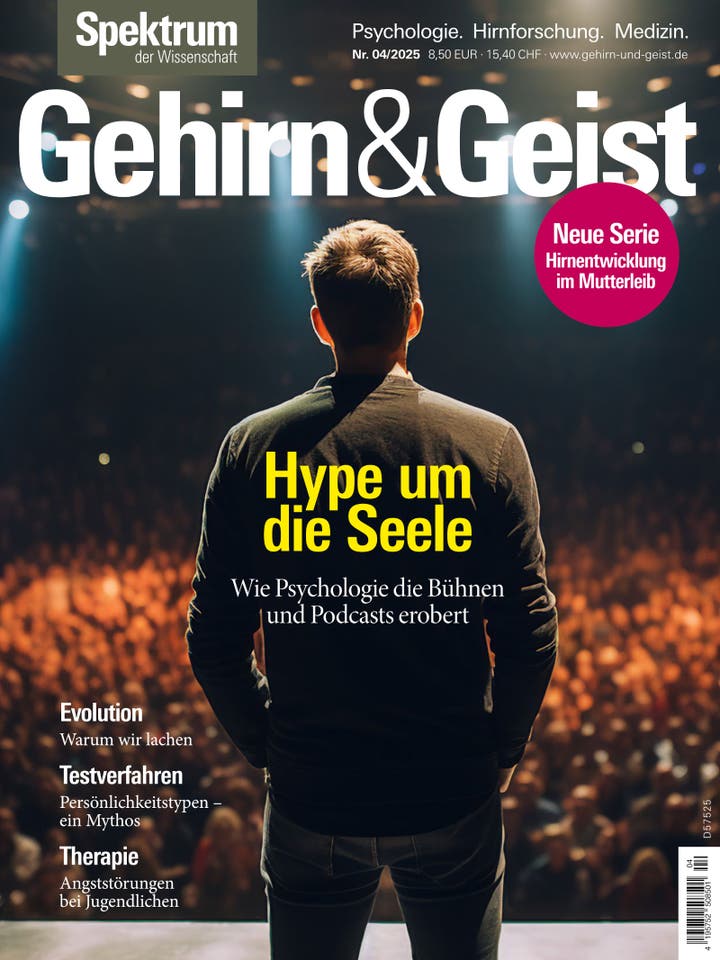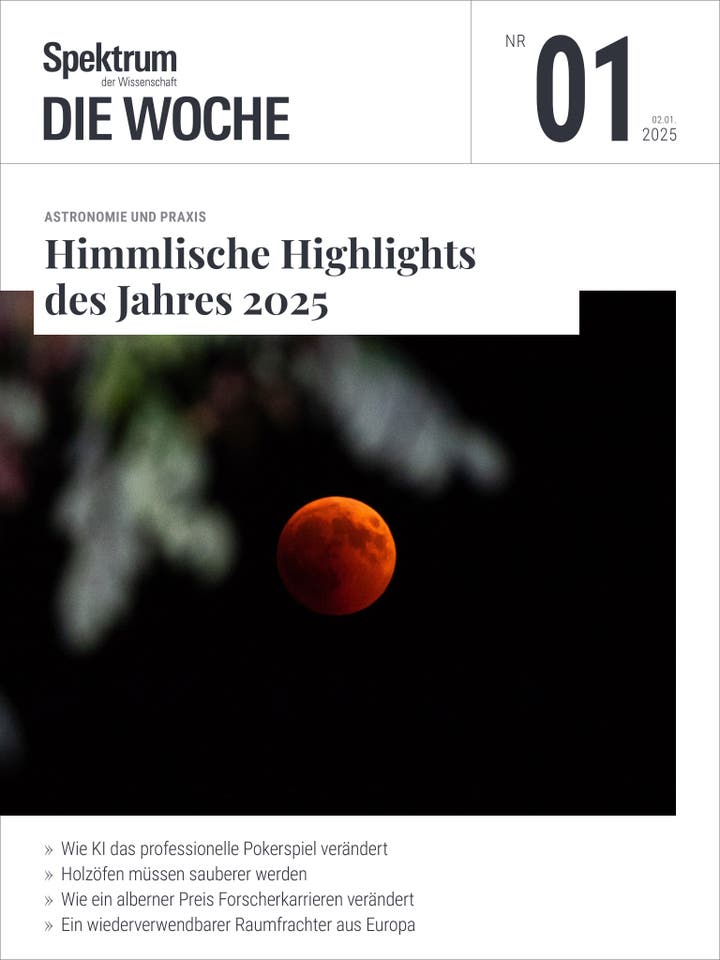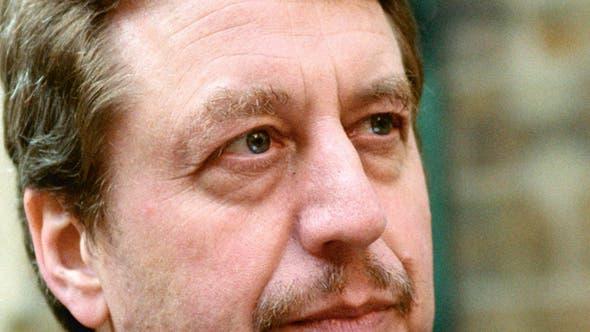Bucher, A.: Psychologie der Spiritualität. Weinheim: Psychologie Verlagsunion 2007
Fuller, R. C.: Spiritual, But Not Religious. Understanding Un-Churched America. Oxford University Press, Oxford 2001
Granqvist, P. et al.:Sensed Presence and Mystical Experiences are Predicted by Suggestibility, Not by the Application of Transcranial Weak Complex Magnetic Fields. In: Neuroscience Letters 379, S. 1-6, 2005
Hofmann, L. I.: Spiritualität und Religiosität in der psychotherapeutischen Praxis. Eine bundesweite Befragung von Psychologischen Psychotherapeuten. Dissertation Universität Oldenburg, 2009
Hood, R. W. jr.:The Construction and Preliminary Validation of a Measure of Reported Mystical Expirience. In: Journal for the Scientific Study of Religion 14, S. 29-26, 1975
Hood, R. W. jr. et al.: Psychology of Religion. An Empirical Approach. Guilford Press, New York 2009
Johnson, T. J. et al.: Religiousness and Spirituality in College Students: Separate Dimensions with Unique and Common Correlates. In: Proceedings of the Institute on College Student Values: Soul Searching: Trends and Patterns in College Student Spirituality. Florida State University, Tallahassee 2004
Kammerl, M.: Positive Wirkung von Meditation: Eine Studie zu Spiritualität, Achtsamkeit, Glück, Lebenszufriedenheit, Ängstlichkeit, Persönlichkeit und Meditationstiefe. VDM, München 2010
Koenig, H. G. et al.: Religion and Health, Oxford University Press, New York 2001
Maselko, J. et al.:Religious Service and Spiritual Well-Being Are Differentially Associated With Risk of Major Depression. In: Psychological Medicine 39, S. 1009-1017, 2008
Newberg, A. et al.: Der gedachte Gott. Wie Glaube im Gehirn entsteht. Piper, München 2003
Schjoedt, U.:Highly Religious Participants Recruit Areas of Social Cognition in Personal Prayer. In: Social Cognitive and Affective Neuroscience 4, S. 199-207, 2009
Urgesi, C. et al.:The Spiritual Brain: Selective Cortical Lesions Modulate Human Self-Transcendence. In: Neuron 65, S. 309-319, 2010









Schreiben Sie uns!
2 Beiträge anzeigen